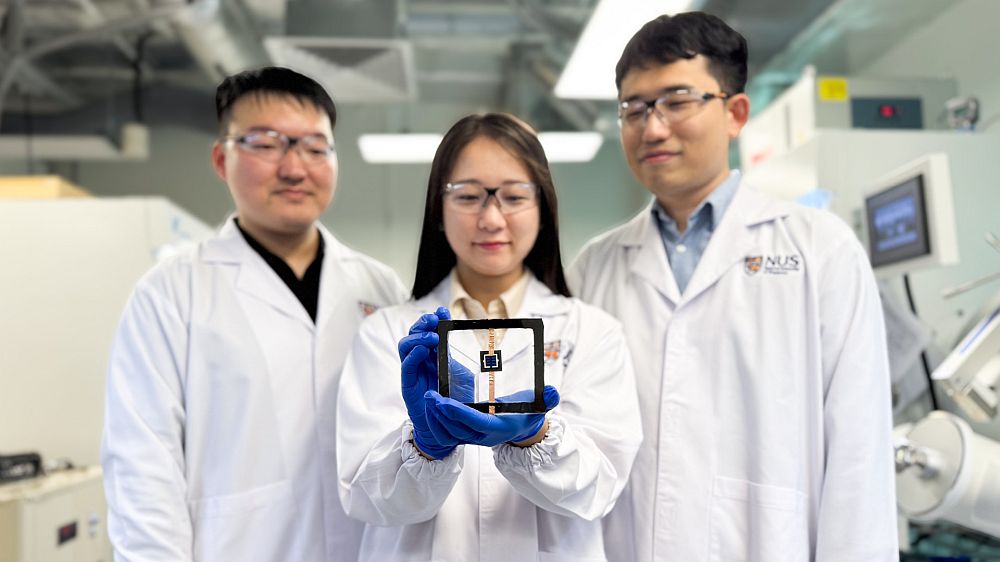No, the little bot in the picture above is not a fugitive from a Star Wars movie remake. It’s actually an iRobotPackBot powered by a hybrid solid oxide fuel cell system developed by Adaptive Materials Inc.
According to an AMI press release, the Ann Arbor, Mich. firm recently completed tests that proved its hybrid SOFC system could power small ground robots across various terrains, while conducting surveillance and other mission-critical tasks for the U.S. military.
The release says AMI’s successful completion of these proof-of-concept tests marks a “key milestone” in a two-year project the firm has undertaken in conjunction with the Defense Advanced Research Projects Agency, DOD’s central research branch.
Testing took place at the Southwest Research Institute, an independent R&D facility in San Antonio, Texas. Here, paired with a lithium battery, AMI’s SOFC system gave life to a Packbot, proving that, “Lightweight, convenient and powered by globally-available propane, Adaptive Materials’ fuel cells improve the overall functionality and duration of a robot in mission-critical settings,” reports AMI’s chief business officer Michelle Crumm. Although the army currently utilizes unmanned automated systems to disarm explosive devices, Crumm explains that many more military uses for the robots could be found, if their operational time could be extended. She says long-running robots could even be helpful in nonmilitary situations, such as searching potentially harmful debris for survivors in the aftermath of a disaster. Crumm says AMI’s goal is to develop a SOFC that can power a small ground robot for 12 hours or more. She disses competitive fuel-cell systems based on hydrogen or methanol, saying that AMI’s propane-based system offers greater potential for commercialization because propane is readily available around the world.
CTT Categories
- Energy
- Material Innovations
Related Posts
Sports-quality ice: From pond side to precision Olympic engineering
February 12, 2026
Solid-state batteries turn heads at CES 2026
January 29, 2026


